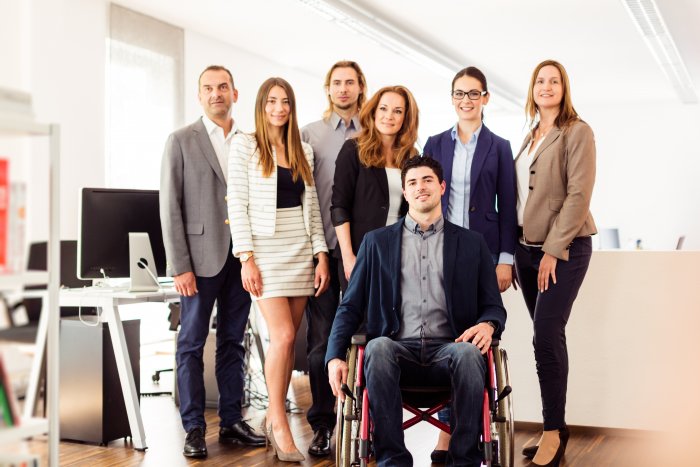Members of Gen Z Changing Workforce Expectations

Image by Mind-Diák Association
According to the estimates of the World Economic Forum, members of Generation Z will make up 27% of the workforce in OECD countries by 2025, and a third of the world's population.
"During our 30 years of operation, our students have gained work experience in many industries across the country, with more than 2,500 of our partners. In addition to the professional support of Generation Z, our mission is at least as important to facilitate their entry into the labor market and to support companies in this as well. It is important to recognize that the current generational gap is not only a challenge, rather an opportunity for them," explains Róbert Göbl, president of the Mind-Diák Association.
He adds that "[...] more and more people are making use of the ‘intermediary’ help of the Mind-Diák Association, which, in addition to the recruitment and selection process, also supports easier cooperation between generations."
Members of Generation Z have been identified as "digital natives" who’s electronic devices and social platforms are an integral part of their lives. Göbl mentions that as a result of this "It is no longer considered a novelty if a student job seeker uses artificial intelligence to write their CV, cover letter or prepare for an interview."
Changes in the Workforce
Based on research by LinkedIn, Generation Z changes jobs at a 134% higher rate today than in 2019. This clearly illustrates that in comparison to older generations, they no longer feel the need to spend several decades at a workplace, and they quit more easily if they don't feel good.
Payment demands in Hungary have also increased significantly compared to last year, but so has minimum wage, to gross HUF 232,000, with a guaranteed wage minimum of HUF 296,400, and the possibility of a mid-year minimum wage increase. The exemption from personal income tax for those under 25 still has a favorable effect on student wages.
"Wage transparency is a beneficial solution for both companies and students because applicants can clearly decide from the displayed hourly wage whether the recommended amount meets their expectations or not," explains Göbl.
"More and more companies see the possibility of permanent and stable labor in students, which is clearly shown by the fact that the demand for internship programs at Mind-Diák Association has increased by nearly 30% in one year. In addition to the fact that it is increasingly difficult to attract and retain labor, it is much more rewarding in the long term to ‘train’ potential specialists than to ‘hunt’ for new candidates, and to ensure continuous labor replacement," he adds.
SUPPORT THE BUDAPEST BUSINESS JOURNAL
Producing journalism that is worthy of the name is a costly business. For 27 years, the publishers, editors and reporters of the Budapest Business Journal have striven to bring you business news that works, information that you can trust, that is factual, accurate and presented without fear or favor.
Newspaper organizations across the globe have struggled to find a business model that allows them to continue to excel, without compromising their ability to perform. Most recently, some have experimented with the idea of involving their most important stakeholders, their readers.
We would like to offer that same opportunity to our readers. We would like to invite you to help us deliver the quality business journalism you require. Hit our Support the BBJ button and you can choose the how much and how often you send us your contributions.











